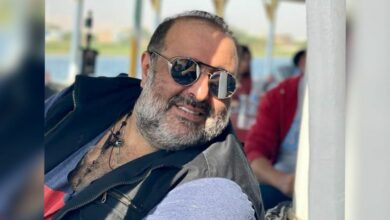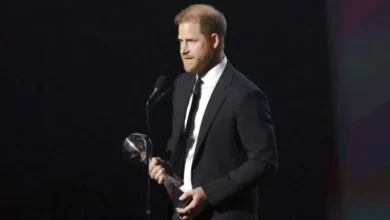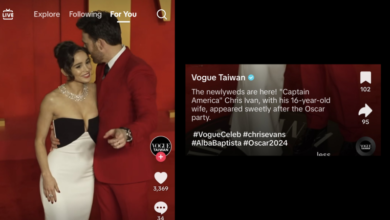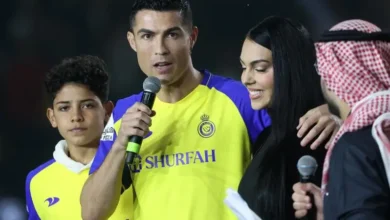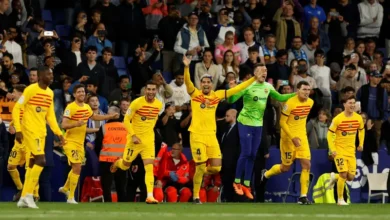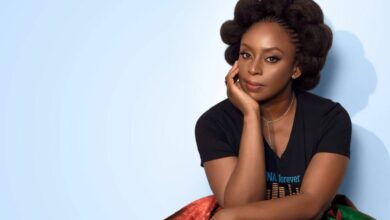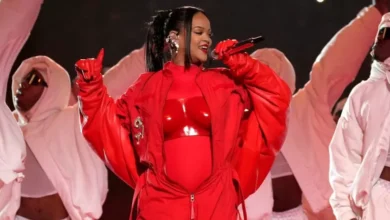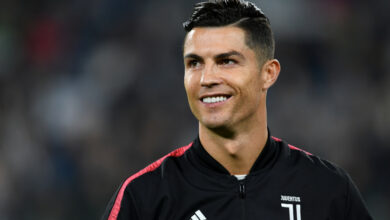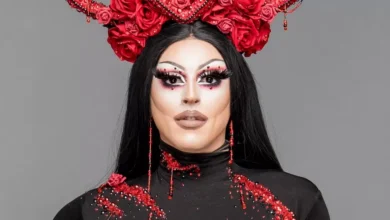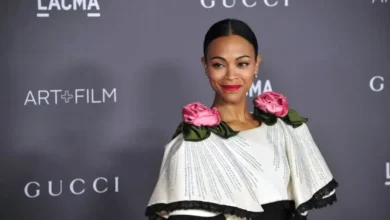Mohamed Ramadan faces backlash over Coca-Cola Ad amid gaza conflict
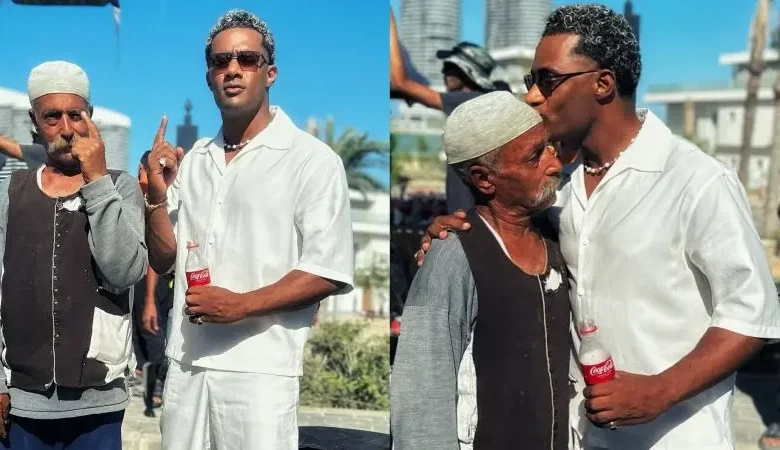
Yesterday, Friday, Egyptian celebrity Mohamed Ramadan released a commercial for Coca-Cola, which is facing a huge boycott movement after accusing it of helping the Israeli army in the Gaza Strip, resulting in considerable outrage on social media.
The Egyptian musician and actor shared a video advertisement for Coca-Cola with his fans on the X platform, accompanied by a message titled “What’s up Coca-Cola?” This is Coca-Cola, almost a century old and still as delightful.”
As soon as Ramadan released this commercial, activists began a campaign against it, which included extensive condemnation throughout Egypt and the Arab world, as well as activists supporting the Palestinian cause in the West.
The most notable of these remarks came from Romanian activist Nicole Genis, who is well-known for her sympathy for Palestinians and satirical criticism of Israel’s occupation on social media.
“We now buy principles with money, and I’m confident that you possess both wealth and celebrity.” I believe you could have declined this offer, but you didn’t. Guinness told Ramadan, “This is how we know who used Palestine as a consumer vehicle on social media.”
Guinness said in her response, “I hope you are reconciled now that you know that by encouraging people to buy more Coca-Cola, more money will be spent bombing children in Gaza.” If this is how you want to use your power, then maybe this is the reality of your conscience,” she said, adding, “We shall all answer to God one day, not to the public.”
Since the start of the onslaught on the Gaza Strip in October, numerous boycott campaigns have been initiated against Western soft drink corporations that are claimed to support Israel or sympathize with the occupying power, including “Coca-Cola,” “Pepsi,” and others.
The harsh images coming out of Gaza prompted many Arab celebrities, including Egyptian artist Mohamed Ramadan, to declare solidarity with its people against Israel’s aggression at its inception, as Ramadan had been expressing solidarity with the people of the Strip since the first days of the war by publishing “stories” that emphasized Palestine’s Arab identity.
However, following the bombing of the Baptist Hospital, Ramadan published a video clip that some described as provocative, in which the Egyptian artist appears to be enjoying a massage session, and received widespread criticism for it, forcing him to delete it in response to demands to consider the circumstances and discuss what is happening in Gaza, after which Ramadan launched a campaign against his critics.
He said in a video tape released days after the battle began, “Who do you want our voice to reach?” He went further: “Our voice reaches our country that has armies and weapons, and we buy weapons, but when will we use them?” Ramadan said fiercely, “Where is your country and your army? English is the height of cowardice for communicating.” He kept going: “Your voice must reach your government; tell your government to take out the weapon; who will defend an Arab like me and you?”
Initially, people praised Ramadan’s stances, but his continued dancing parties and failure to comment on Israeli massacres in Gaza led to criticism. The idea of boycotting spread to other aspects of life, including social media platforms and the virtual world in which celebrities live.
Yesterday, Palestinian Islam Al-Hallaq, who describes himself on the X platform as “a husband and father of two children, fighting genocide for their sake” in the Gaza Strip, wrote to Ramadan, “I did not expect you to come to fight with us in Gaza, nor did I expect anything more from you than an honorable and free stance, indicating that you are a clean person who does not accept supporting someone who kills his brother.”
The barber continued,
Ramadan had already faced tremendous criticism and charges of normalization after appearing in three images with Israeli celebrities on November 21, 2020.
